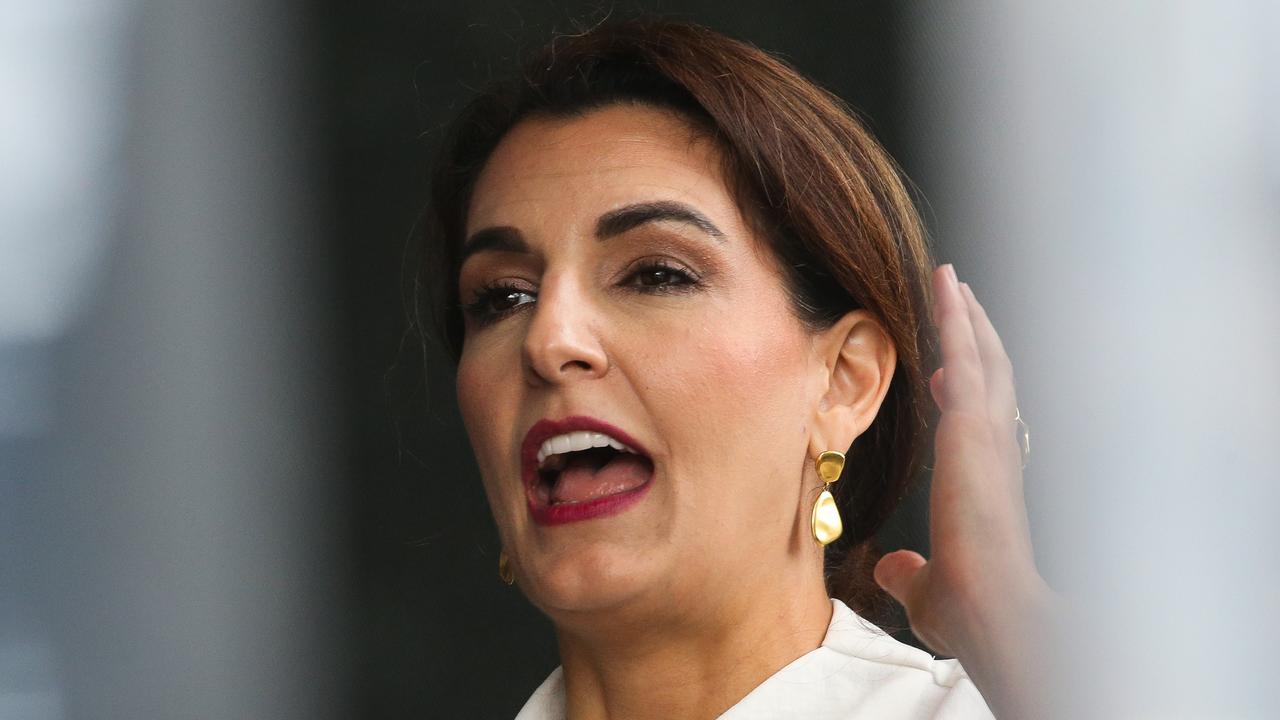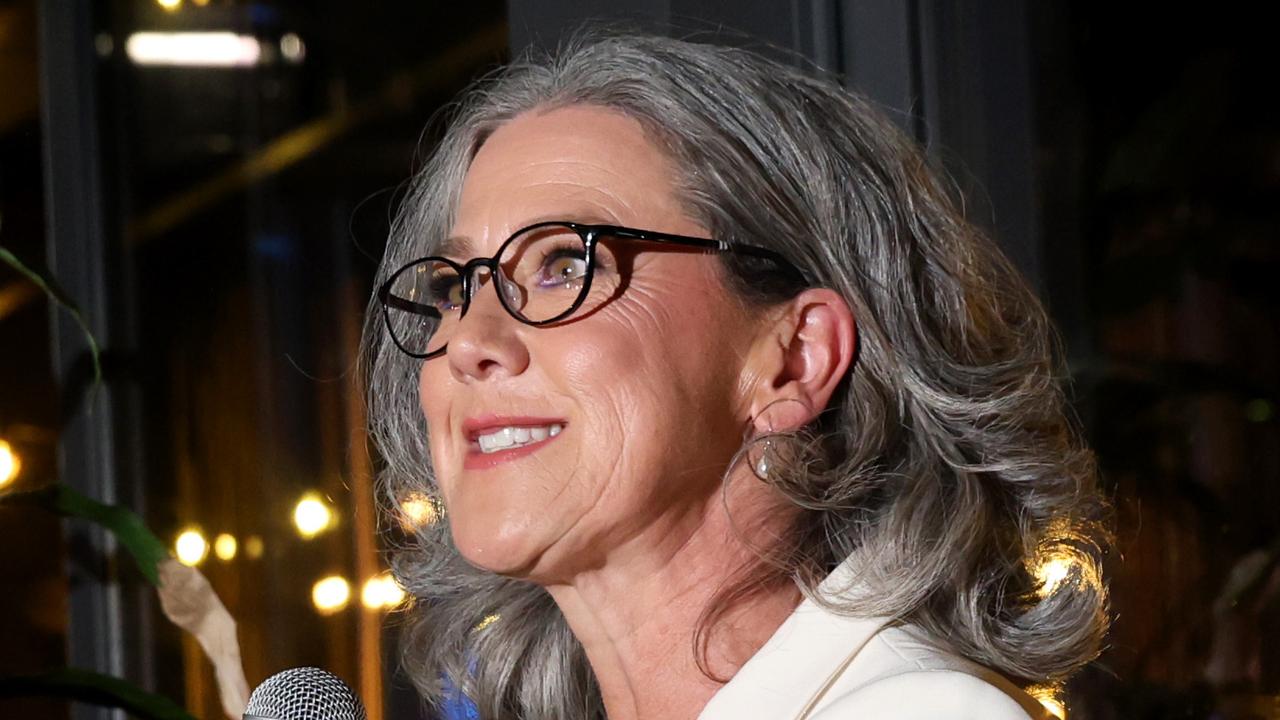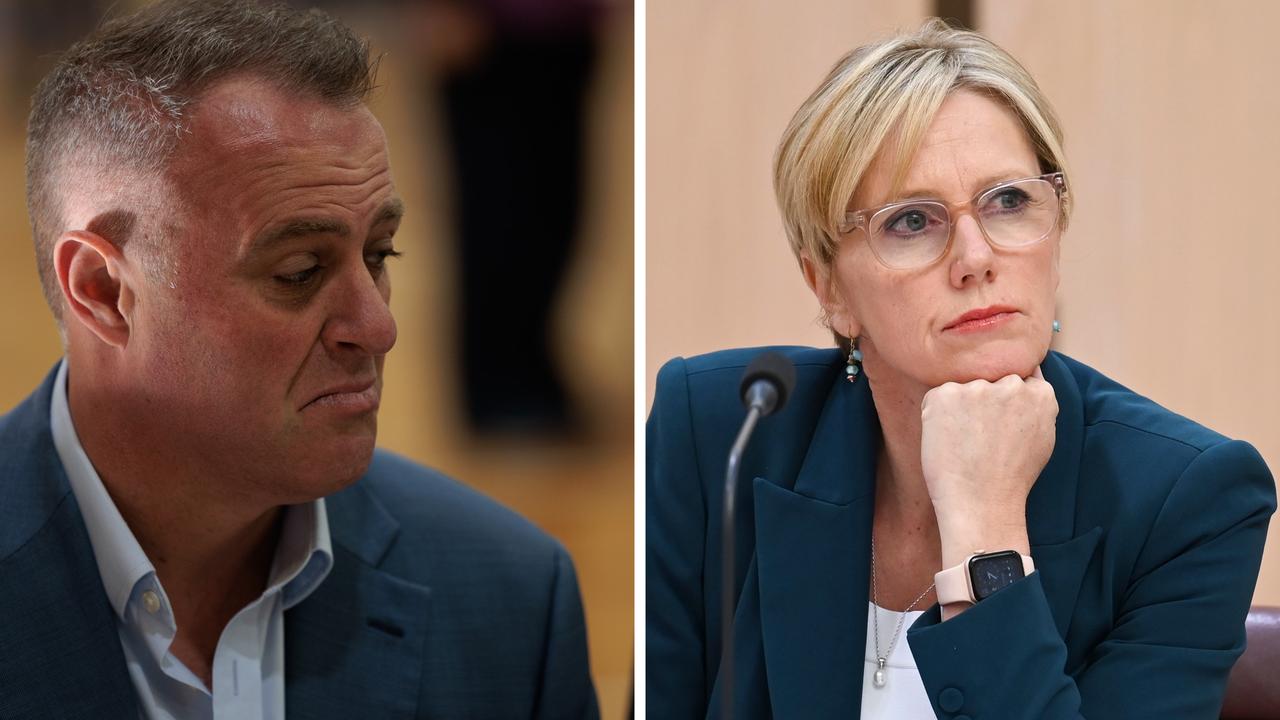Scott Morrison’s desperate final move ahead of election day
The final countdown to the Federal Election is here, and the Prime Minister has brought out one last move to bring home the win.
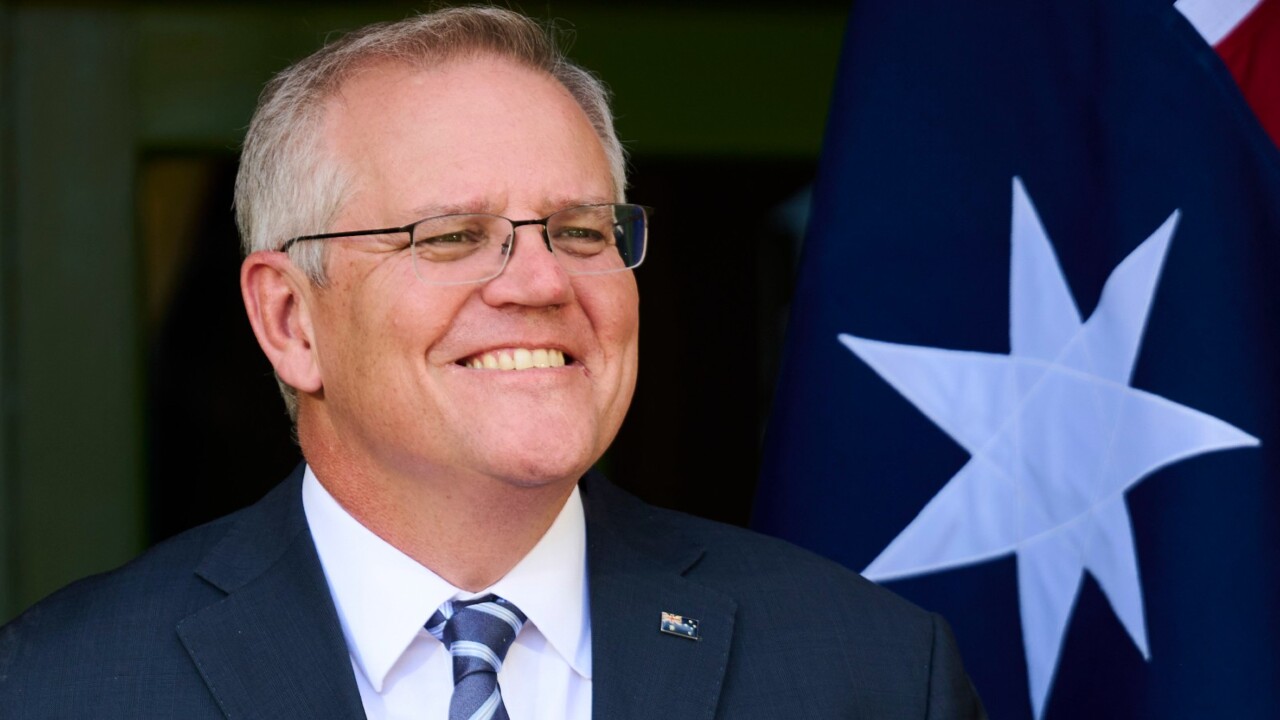
The final countdown to the Federal Election has begun, with the next leader of the country to be revealed in a matter of days.
The pressure is ramping up for both Scott Morrison and Anthony Albanese as they head into their final week of a marathon election campaign – their last chance to sway any undecided voters.
With more than two million eager Aussies already casting their votes, the Prime Minister has made a final desperate move to appeal to voters before the rest of the country heads to the polls on May 21.
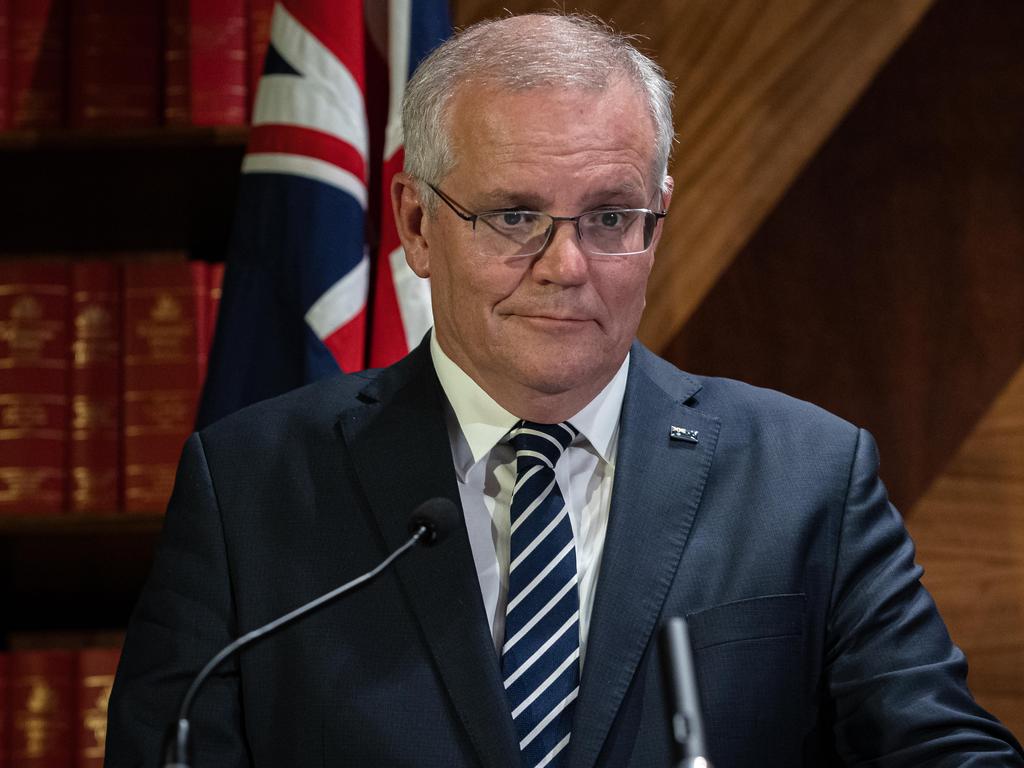
On Friday, just eight days out from the election, Mr Morrison did something very out of character. He admitted that he needed to change.
Speaking at a press conference in Melbourne, Mr Morrison conceded that he “can be a bit of a bulldozer” in how he handles issues and noted that an adjustment would be needed in the future.
“Over the last three years and particularly the last two, one of the things Australians have needed from me, going through this pandemic has been strength and resilience. Now, I admit that hasn’t enabled Australians to see a lot of other gears in the way I work,” he said.
“I know Australians know that I can be a bit of a bulldozer when it comes to issues.”
He claimed you had to be “determined” to do many of things he has done during his time as Prime Minister, such as negotiating “really big security agreements” like the AUKUS deal.
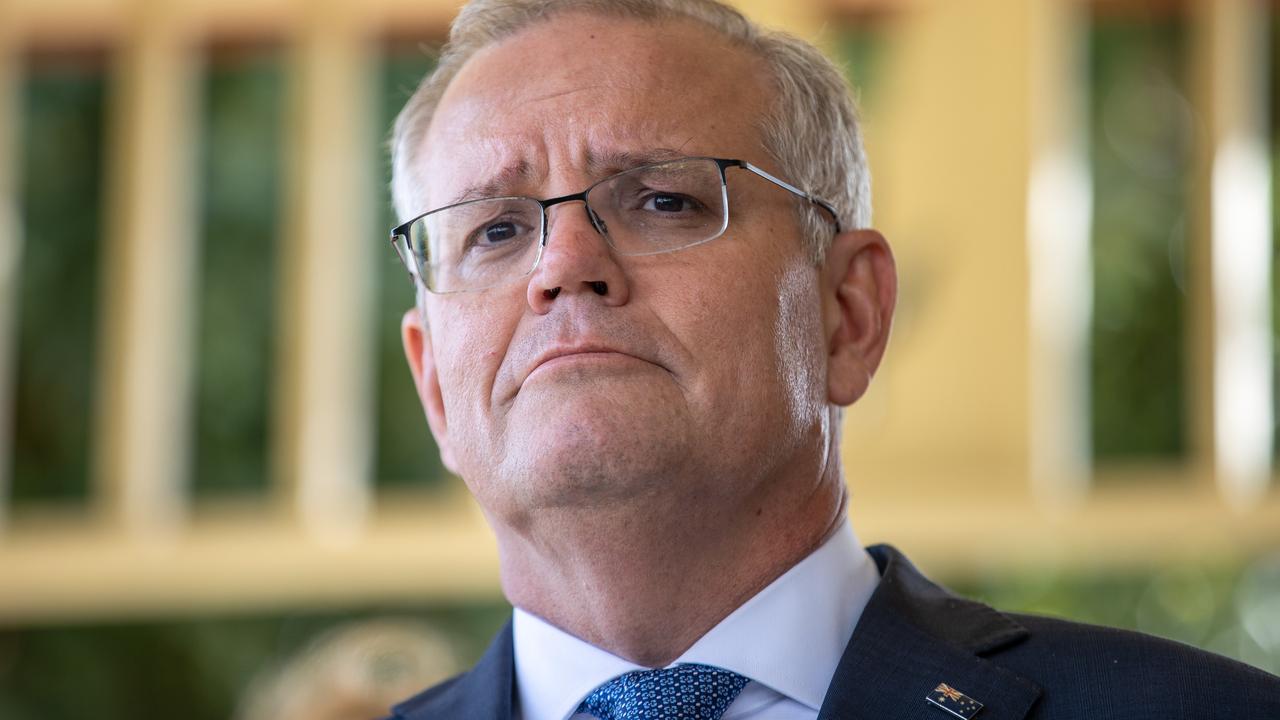
However, he also conceded that his “bulldozer” strategy wouldn’t always work heading into the future, and specified there were things that he would “have to change” if re-elected.
“As we go into this next period, on the other side of this election, I know there are things that are going to have to change with the way I do thing because we’re moving into a different time,” Mr Morrison said.
This is coming from a man that just 48 hours earlier was hurling repeated insults at his rival, branding Mr Albanese a “loose unit”, and even clashing with reporters in a fiery press conference.
His unexpected reflection on his past mistakes continued on Saturday, with Mr Morrison conceding he has had to make decisions that “not on every occasion were right”, citing the start of the Covid-19 vaccine rollouts as one of his errors.
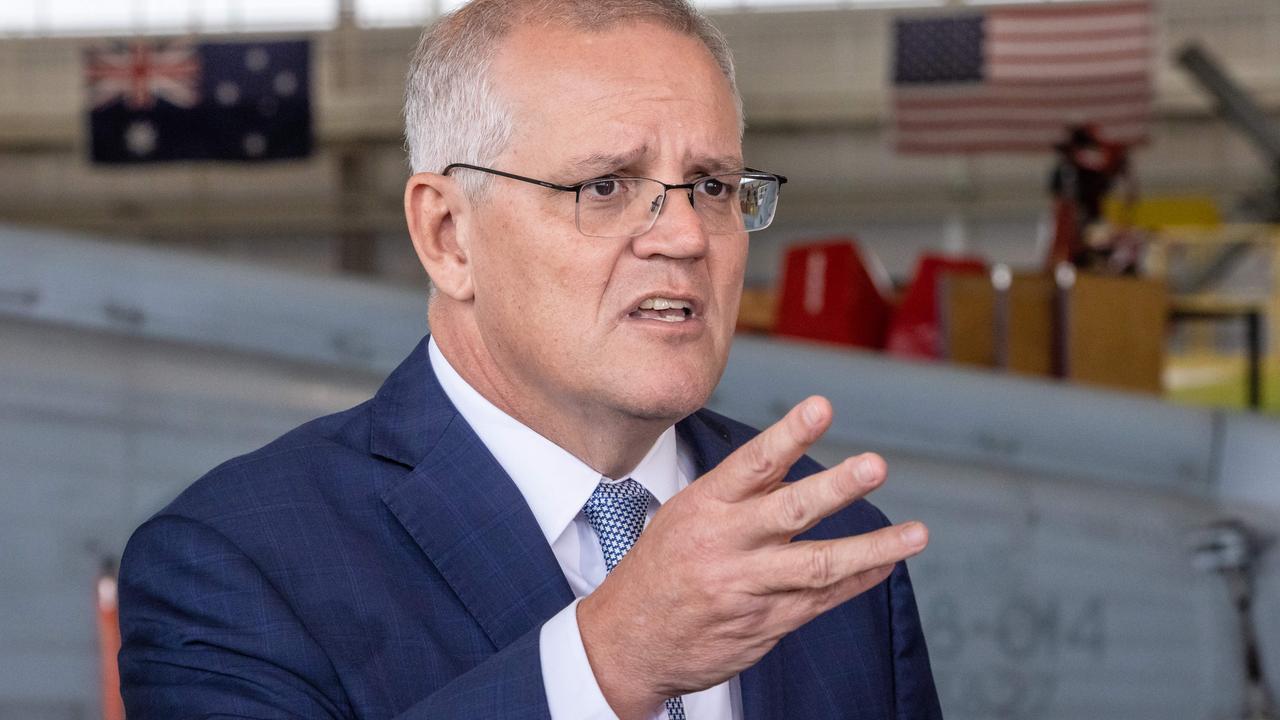
Moving forward, Mr Morrison vowed to “empathise” more with the Australian people and seek to clearly explain his concerns and reasonings behind his decisions in the future.
When asked what prompted him to admit he needed to change just days out from the election rather than earlier in his campaign, he claimed he had been “listening carefully” to Australians.
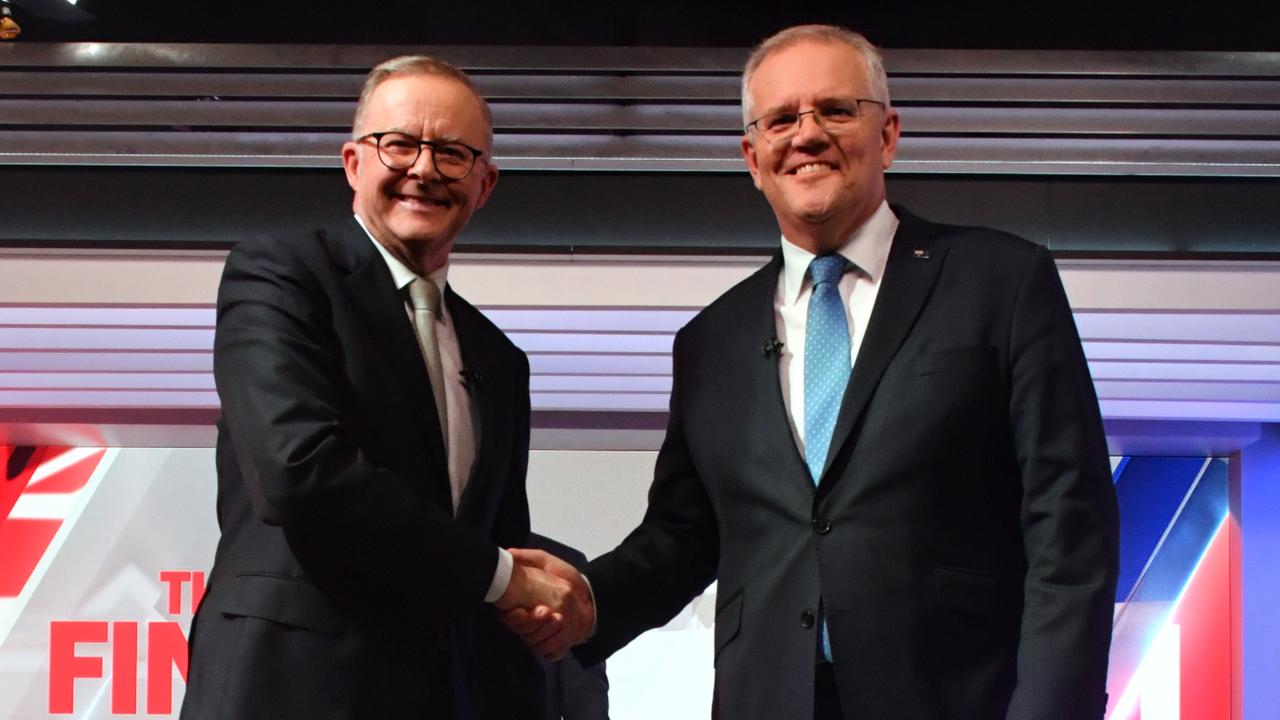
He said this campaign has afforded him the opportunity to hear from the public in a way he hadn’t been able to during the height of the pandemic over the past two years.
The Prime Minister’s attitude appears to have transformed in the past two days, one could even compare his recent actions to the different stages of grief.
Stage one: Denial.
“I don’t accept that”, has become a common phrase uttered by Mr Morrison throughout the campaign.
Recently it has been used when defending Liberal MP Fiona Martin after she was accused of mixing up two female Asian-Australian candidates, with Mr Morrison rejecting claims that Dr Martin’s explanation of the situation didn’t make sense.
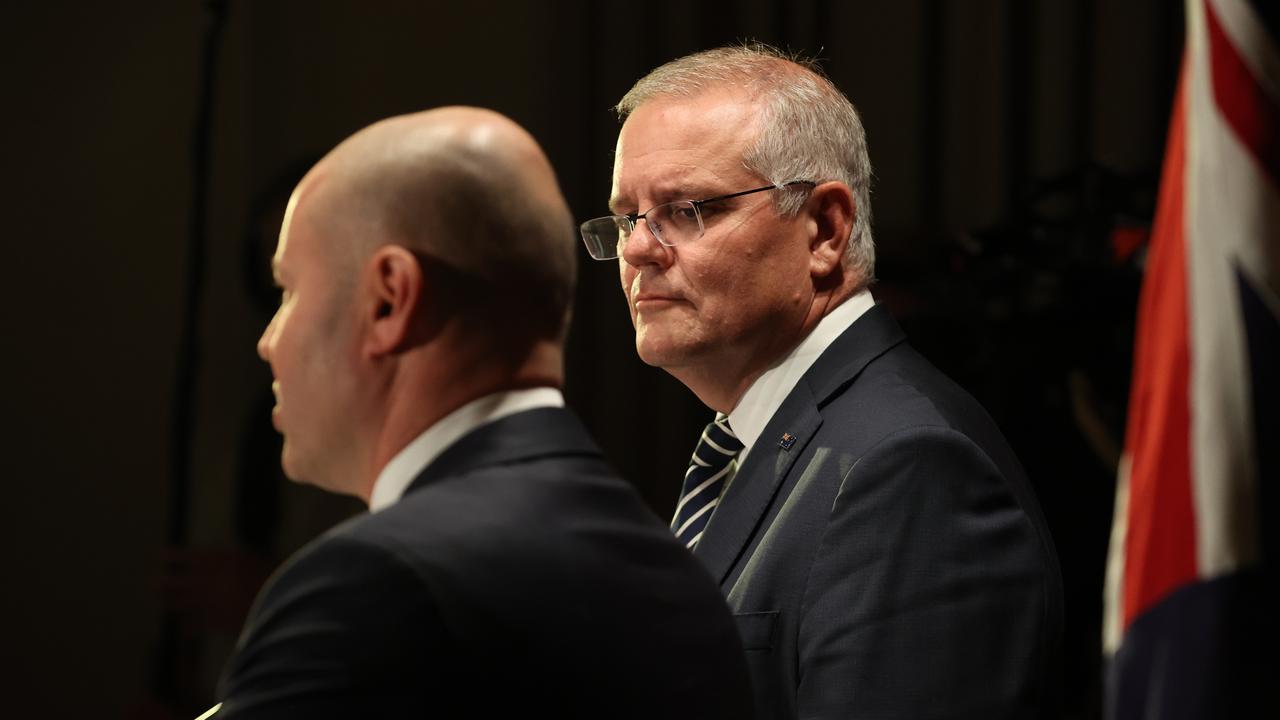
He has also employed similar responses when facing questions about Liberal candidate Katherine Deves’ controversial comments around transgender people, along with questions about how his planned Religious Discrimination Bill would impact the mental health of LGBTQI students.
Then comes stage two: Anger.
There has been no shortage of fiery responses from Mr Morrison throughout the campaign, particularly when speaking about the failings of the Labor Party and his rival Anthony Albanese.
The tempers of both Mr Morrison and Mr Albanese were well-and-truly on show during the second leaders debate, which descended into a shouting match between the rivals.
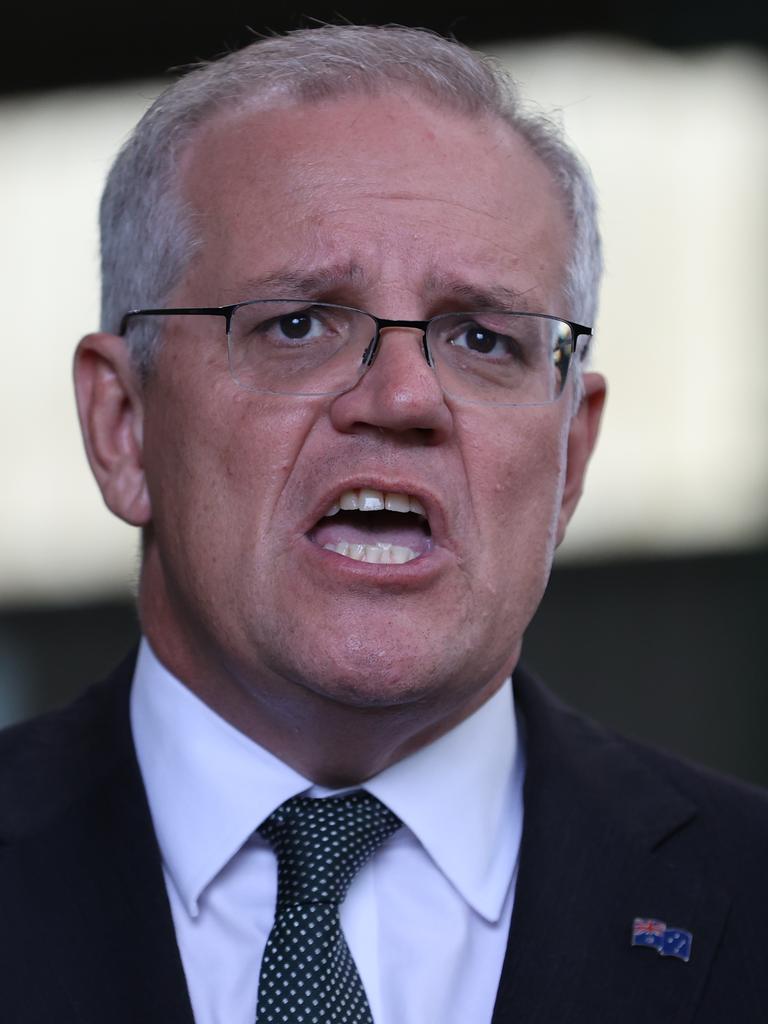
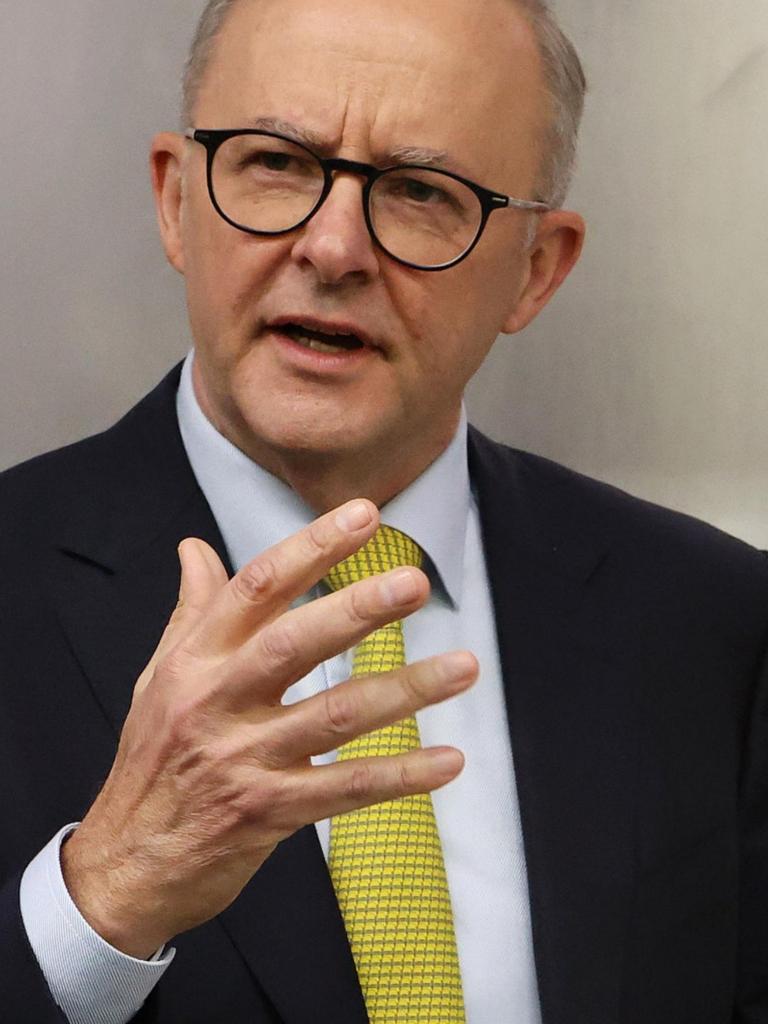
Clashes with journalists during the daily press conferences have also become more common in recent weeks, with Mr Morrison not hesitating to cut off or speak over journalists who attempted to get him to answer questions directly by cutting in during longwinded answers.
And then we get to stage three: Bargaining.
The acknowledgment that he would “have to change” if he is re-elected as Prime Minister is not only a surprising admission, it also marks a significant shift in Mr Morrison’s campaign strategy.
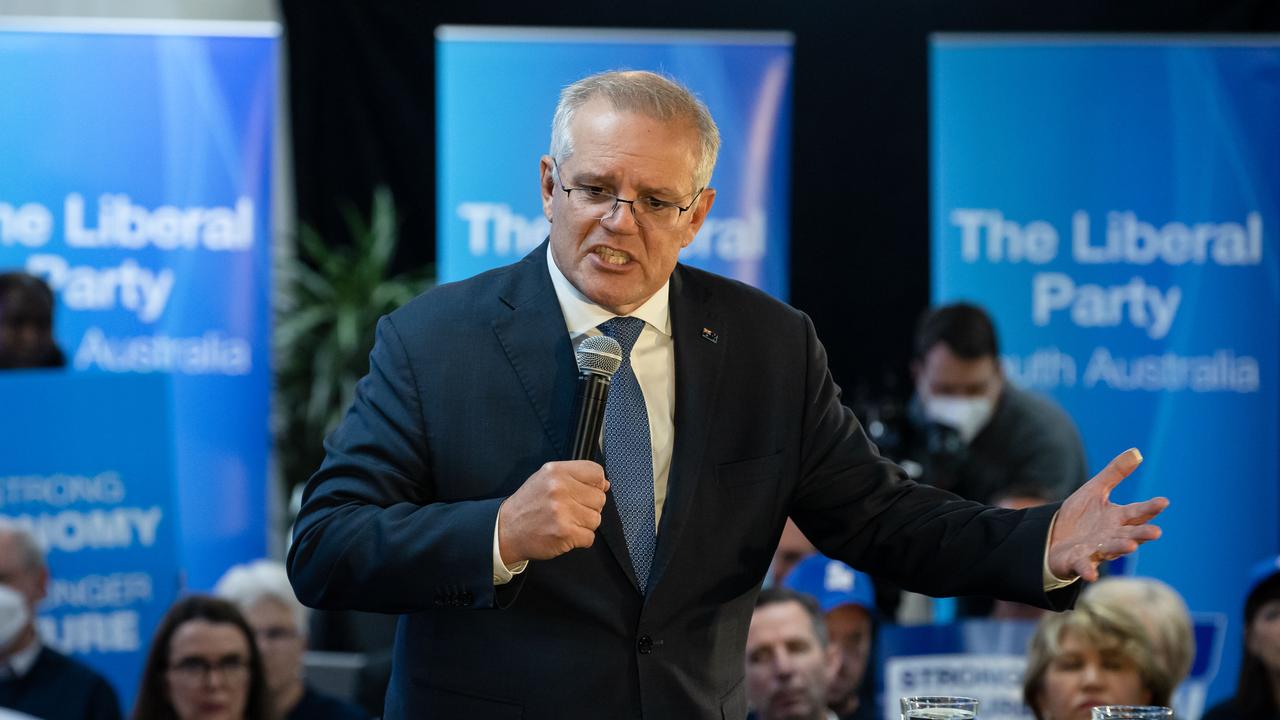
Up until Friday, Mr Morrison has been unapologetic in his tough, “bulldozer attitude” and previously acknowledged that he may not be well-liked, but insisted his popularity “doesn’t matter”.
So what changed?
A number of factors have likely contributed to the decision, with ABC’s Patricia Karvelas saying feedback from undecided voters is likely one of the major reasons.
“I’ve done quite a bit of research into what voters, undecided voters saying and one of the big, big feedback points has been here we go again, one person described it as to me, more of the same from Scott Morrison. That he’s negative and it’s all more of the same. You get more the same if you vote for him,” she said on Friday.
Associate Professor of Narratology, Tom van Laer, told news.com.au that it could also be in response to “declining trustworthiness in the eyes of voters” resulting from “widely publicised fear-based ads” from Labor.
Australians can't risk three more years of Morrison's mistakes. #auspolpic.twitter.com/yJqOQmJUyj
— Australian Labor (@AustralianLabor) April 21, 2022
Professor van Laer’s research shows that if someone promises change, most people are willing to give them the benefit of the doubt, but if there is a belief that a person lacks integrity, then that cannot be change with a simple promise.
“Voters who do not trust the integrity of a candidate’s character want their emotions to be accepted. They want emotional relief. It would work better if Mr Morrison allowed for that emotion,” he explained.
Professor van Laer suggested Mr Morrison should “issue an apology” for his past mistakes and aim to tell the story from his perspective.
“People find a promise at a press conference cheap. They know politicians are trained to present statements there without any direct contact with ordinary people,” he said.
“If Mr Morrison would dare to let voters talk to him unscripted, he would put a human face on his campaign.”
With just days left for Australia to decide on its next leader, there is one question many voters should consider before heading to the polls.
Does Mr Morrison’s admission show he is willing to listen and adapt to what Australians want, or has his promise to change come too late in the game?




